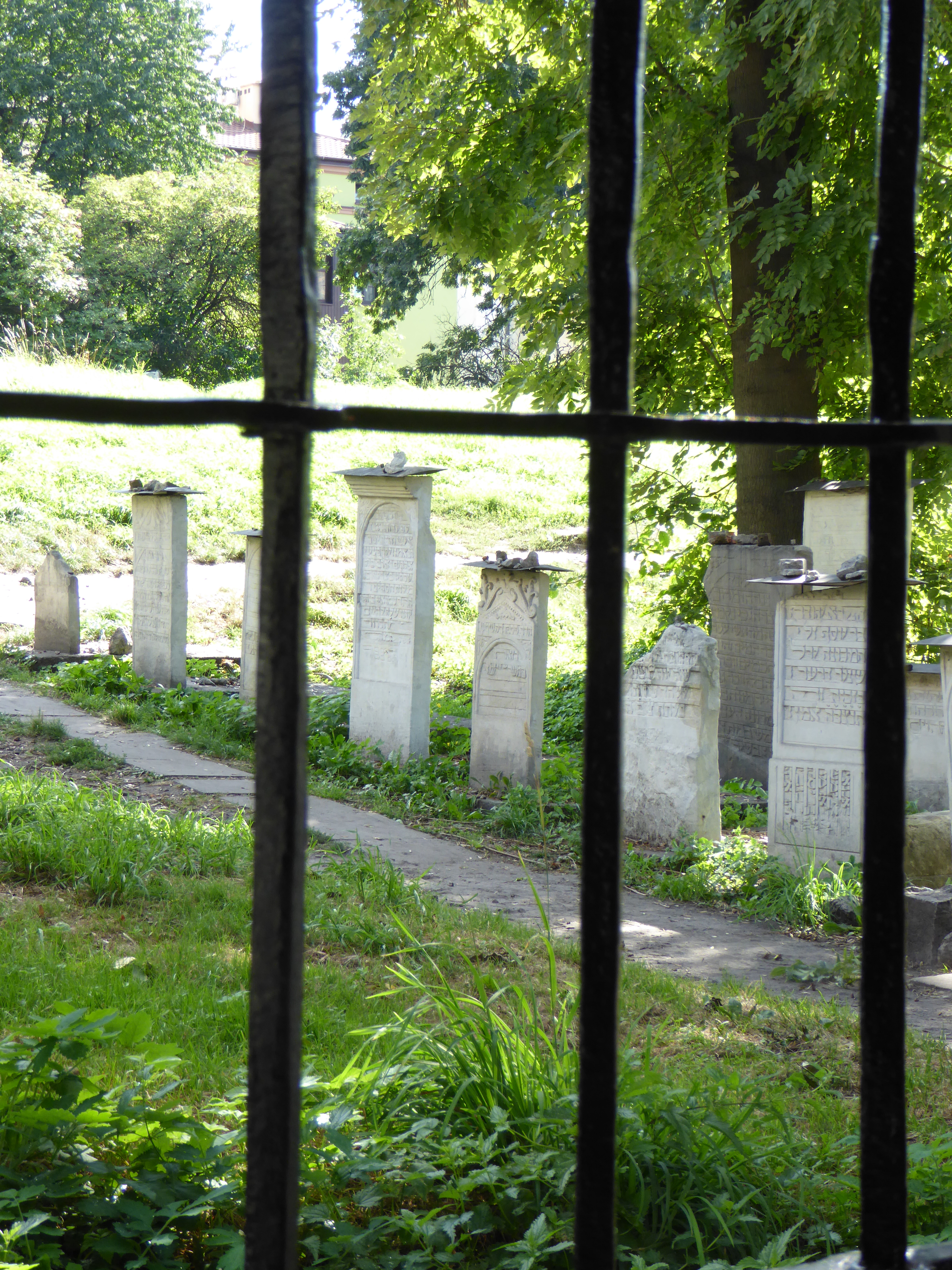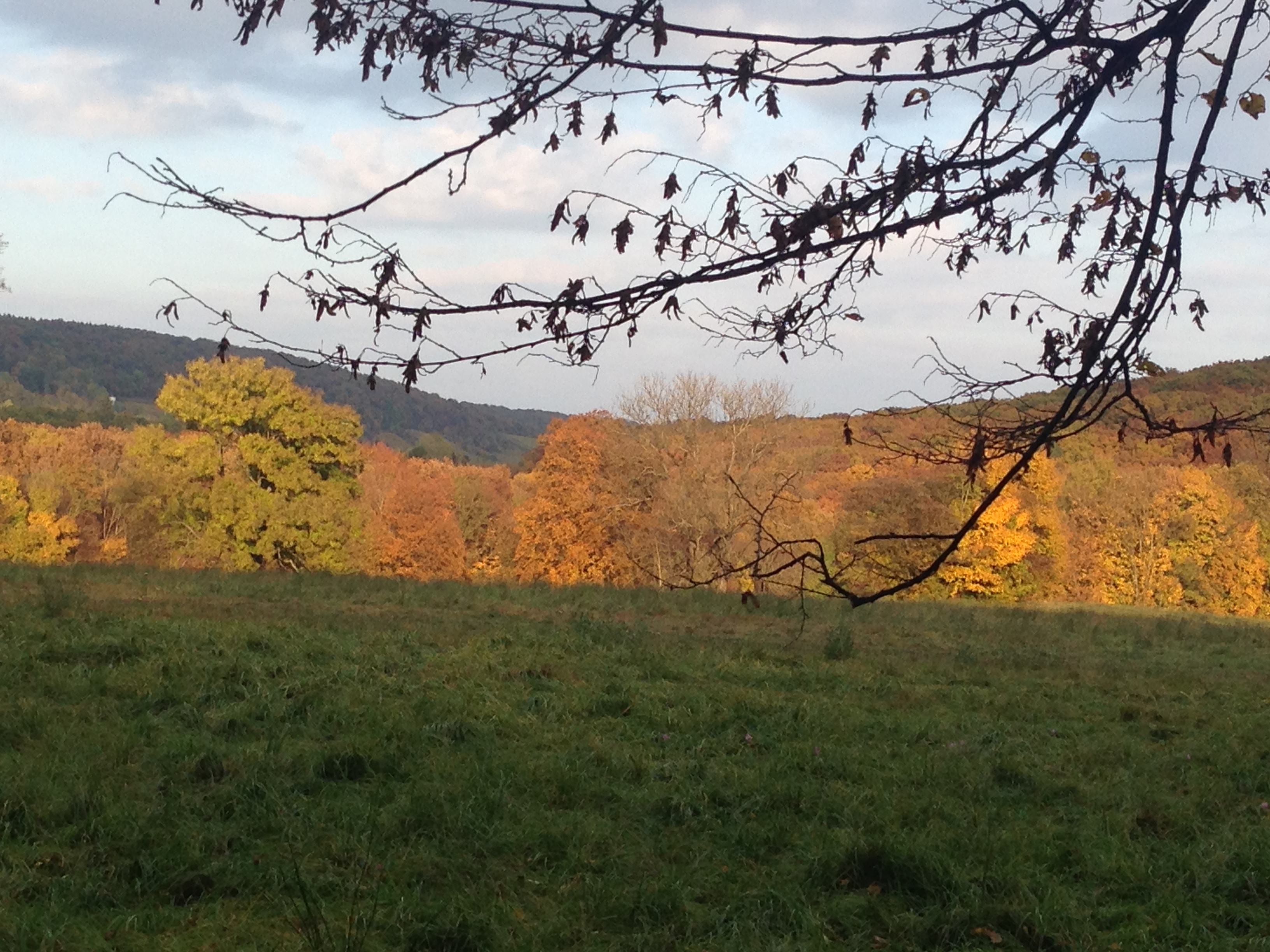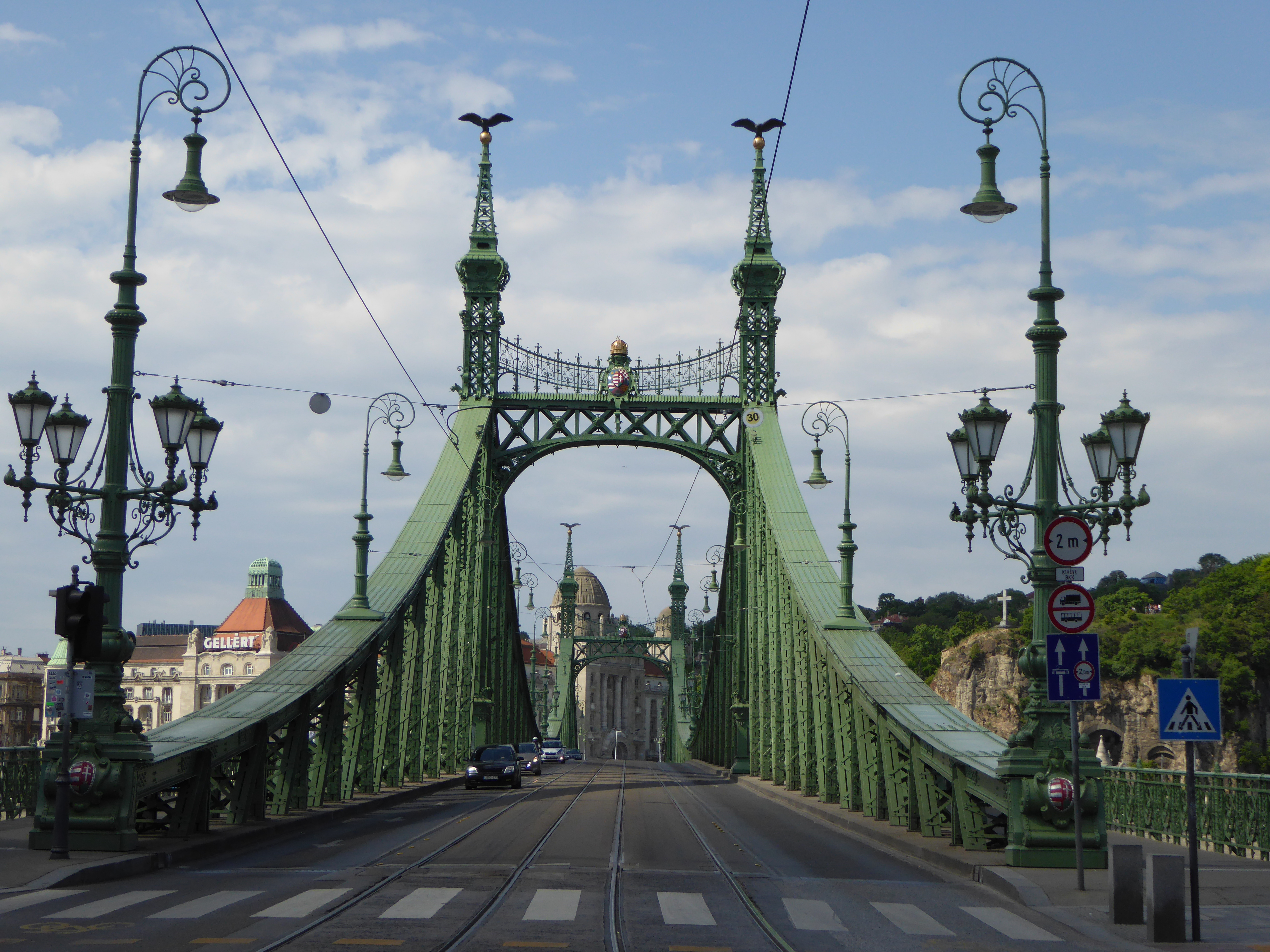EASTERN JEWS

Jewish cementery, Krakov
Joseph Roth, born to a Jewish family, grew up in Brody near Lemberg/Lvov/Lviv in Eastern Galicia, the eastern part of the Austro-Hungarian Empire. Brody had one of the biggest Jewish populations in Europe and Jewish cultural life played an important role there. He began his studies in Lemberg and then went on to study philosophy and German literature in Vienna in 1914. In 1916 he quit university and volunteered in the Austro-Hungarian Army. The collapse of the empire had a lasting and detrimental effect on him, as on many other Jewish intellectuals. “My strongest experience was the War and the destruction of my fatherland, the only one I ever had, the dual Monarchy of Austro-Hungary.” In 1927 he wrote his famous essay “The Wandering Jews” about the minority of Eastern Jews and their plight. “The Eastern Jew does not know anything about the social injustice of the West; nothing about the reign of prejudice, that governs the paths, actions, customs and ways of life of the average Western European,….nothing of the hate which is already so strong that it is cherished like a life-giving (but life-killing) eternal fire that warms the egotism of every man and every country…. For the Eastern Jew the West means freedom, the possibility to work and to develop his talents, justice and autonomous rule of the mind. Western Europe sends engineers, automobiles, books and poems to the East. It sends propaganda soaps and hygiene, the useful and the sublime….For the Eastern Jew Germany for example is still the country of Goethe and Schiller, of the German poets, who every ambitious young Jew knows better than a swastika-loving grammar school pupil.” They started migrating from the borderlands to the Russian Empire, where “every year there is a war and every week a pogrom”. Some returned, many more continued their journey. “The Eastern Jews have nowhere a fatherland, but graves in every cemetery…. Most give to the West at least as much as the West takes from them. Some give more to the West than the West gives to them. They all have the right to live in the West who sacrifice themselves, in that they venture to the West.” …


